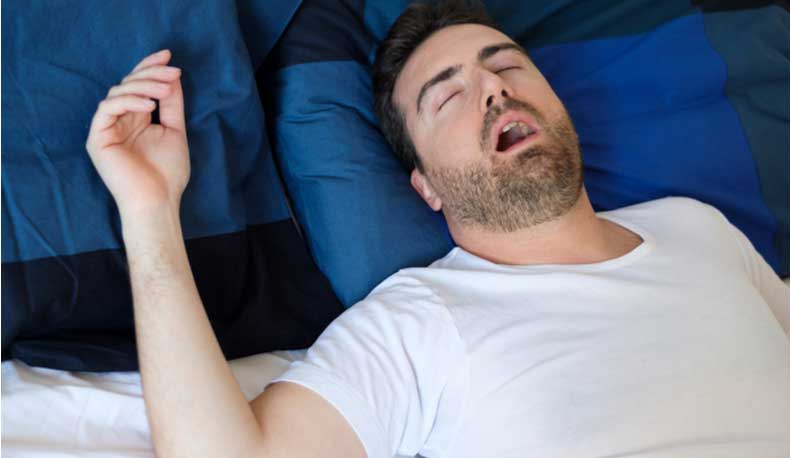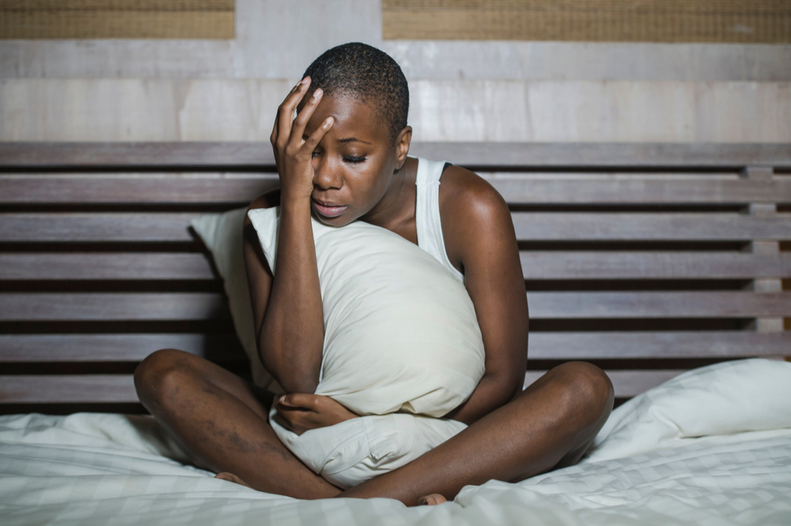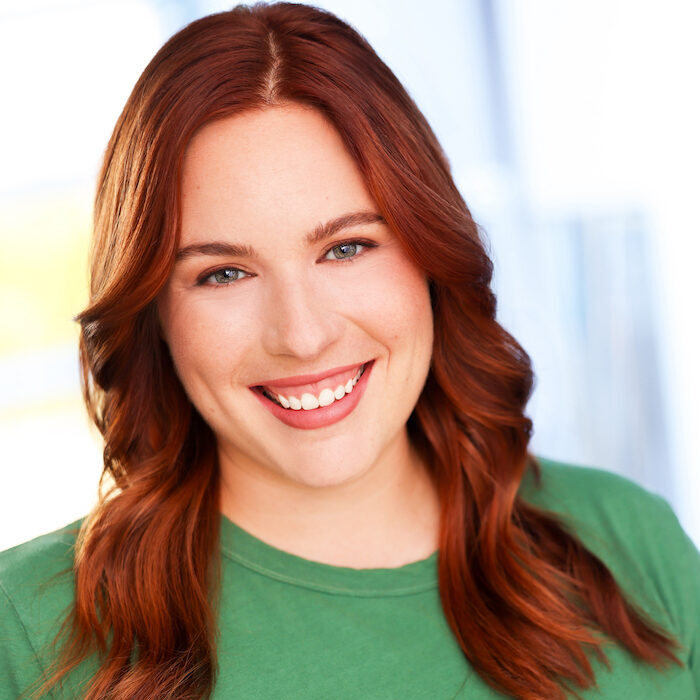Most people know the importance of getting quality sleep every night. But can you sleep too much? Like many things with health and wellness, the answer isn’t cut and dry.
In this article, I’ll go into detail about the drawbacks of oversleeping, what causes it and how to fix it. I examined medical journals and peer-reviewed research in order to find the most accurate and up-to-date information. But please note—this information should not be used to treat or diagnose any medical issue. Consult your doctor for medical advice.
What is Oversleeping?
Most experts recommend getting between seven and nine hours of sleep per night. If you frequently need more than that, and you still wake up feeling tired, it could be a sign of a larger issue.
What Causes Oversleeping?
Oversleeping is associated with a variety of health issues. Let’s take a closer look at the main ones.
Sleep Disorders
People with hypersomnia often feel tired throughout the day and sleep longer at night. Experts aren’t entirely certain what causes this medical condition, so treatment options are often geared toward alleviating symptoms.
Sleep apnea, a condition that causes people to stop breathing while they sleep, can also cause people to oversleep. People with this condition can wake up between five to 200 times per hour, which significantly impacts the quality of their rest. Many people with this condition delay their wakeup times in order to try and catch up on the sleep they’re missing.

Chronic Pain
Many people who deal with chronic pain also have hypersomnia. Oftentimes, this manifests as bruxism, a condition that causes people to grind and clench their teeth. If you suspect chronic pain is causing you to oversleep, you may want to consult your doctor to find the root of the problem.
Anxiety and Depression
Many times, people struggling with depression have difficulty getting out of bed. They can also sleep as a way to escape their symptoms.

Anxiety can make it difficult for people to fall asleep, due to the rise in the stress hormone cortisol. When bedtime is delayed, some people may be tempted to sleep past their alarm in order to catch up. If anxiety causes someone to lose sleep over several nights, this could create sleep debt. The best way to recover from sleep debt is to sleep longer than usual for a few nights in a row.
Obesity
While there’s no research to conclude that obesity causes people to oversleep, it often coincides with common sleep disorders such as sleep apnea and depression. If you’re trying to stop oversleeping, it’s important to examine all of the possible factors and discuss treatment options with your doctor.
How to Know if You’re Sleeping Too Much
Because everyone’s needs are different, it can often be difficult to know whether you’re getting the right amount of sleep. Here are a few common signs that you may be sleeping too much.
Excessive Napping
If you often take several naps per day, you might have hypersomnia.
Other common symptoms of hypersomnia include:
- Sleeping through morning alarms
- Brain fog and memory issues
- Anxiety and irritability
- Hallucinations
- Low energy levels
- Slow speech
Headaches
Waking up with a headache can be a sign of sleep apnea and bruxism, two common issues associated with oversleeping.
How to Stop Oversleeping
Because oversleeping is often a sign of a larger issue, it’s best to consult your doctor for the proper treatment. That said, there are a few lifestyle changes that may help you stop sleeping in.
Consistent Bedtime Routine
If your sleep schedule changes day-to-day, you may benefit from creating a more consistent routine. This can help your body get used to a circadian rhythm, which makes it easier for you to wake up when your alarm goes off in the morning.
Sleep Environment
Your sleep environment may also play a role in the quality of your rest. If your bedroom is loud, chaotic or excessively hot, you may not be getting the deep sleep you need. This could make you want to oversleep to catch up.
Here are a few ways you can improve your sleep environment:
- Sleep in a dark room, and use an eye mask if necessary.
- Turn off electronics. The blue light might interfere with your natural circadian rhythm, making it harder to fall asleep.
- Don’t hit the snooze button in the morning and go back to sleep. This can make you feel groggy and sluggish in the morning.
- Keep your room clean and organized. This can promote feelings of relaxation and peace.
- Set your thermostat between 60 and 70 F. Some older studies suggest this is the best temperature range for sleep.
Exercise
Though researchers aren’t certain how exercise improves sleep, some studies suggest that moderate workouts can increase the amount of deep sleep people get. Deep sleep helps promote rejuvenation and mental clarity.

FAQs
Is it bad to sleep too much?
Occasional oversleeping isn’t bad for you, but if you regularly find that you sleep too much, it could be a sign of a larger issue. Consult your doctor if you find yourself napping frequently, sleeping more than nine hours per night or sleeping through your alarms.
Is oversleeping a real thing?
Yes, oversleeping is an issue that can hinder a person’s overall well-being. Chronic oversleeping is often associated with larger health issues.
Why do I sleep so much?
There are many health issues associated with oversleeping, including sleep apnea, depression, chronic pain and hypersomnia.
How much sleep is too much?
Everyone’s sleep needs are different, but in general, oversleeping is classified as needing more than nine hours of sleep per night. Oftentimes, people who chronically oversleep also need naps during the day and wake up feeling tired.

